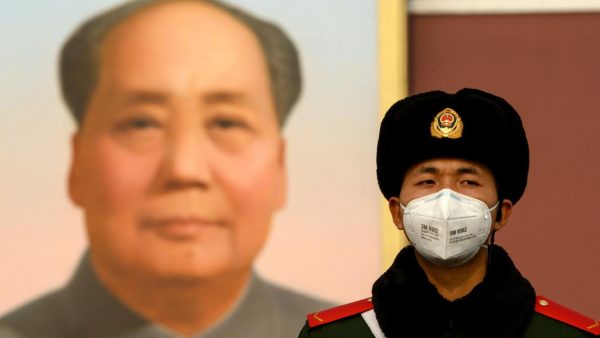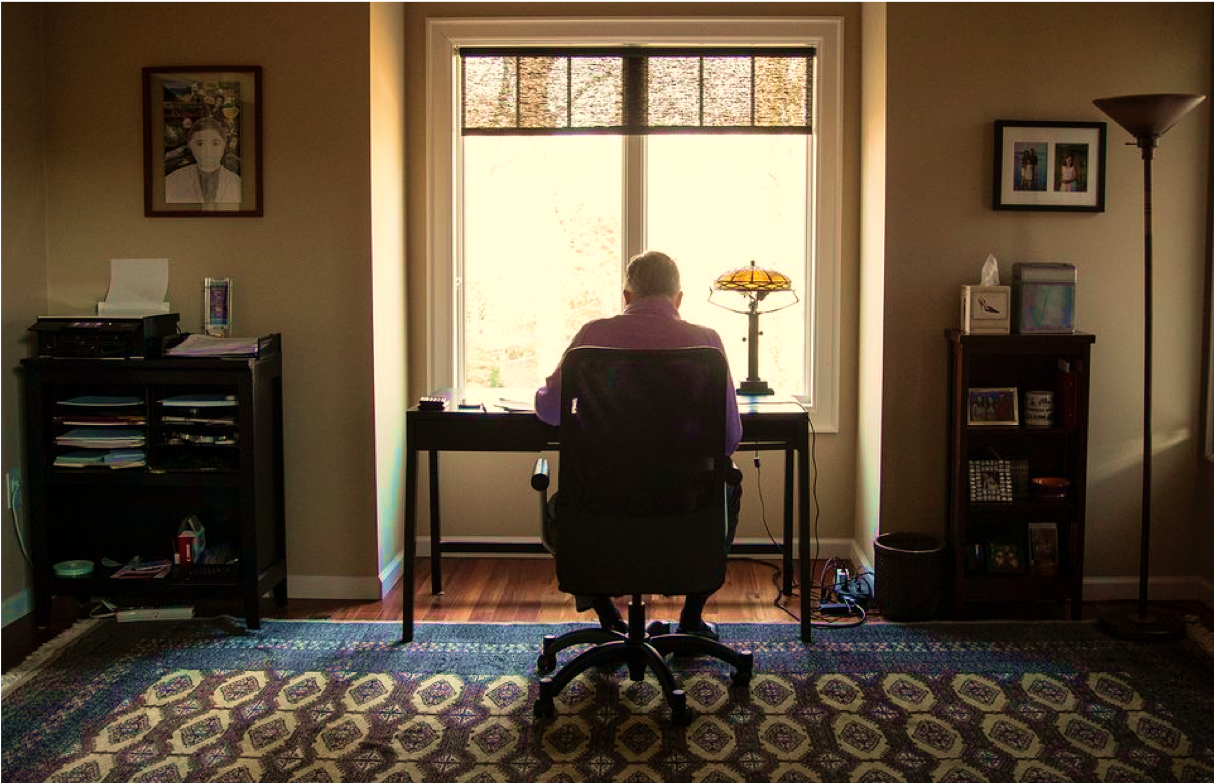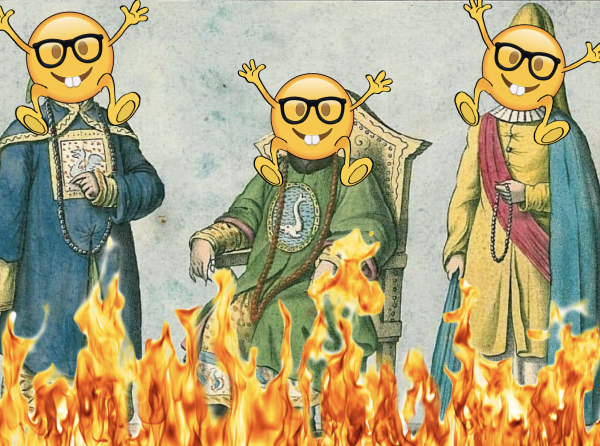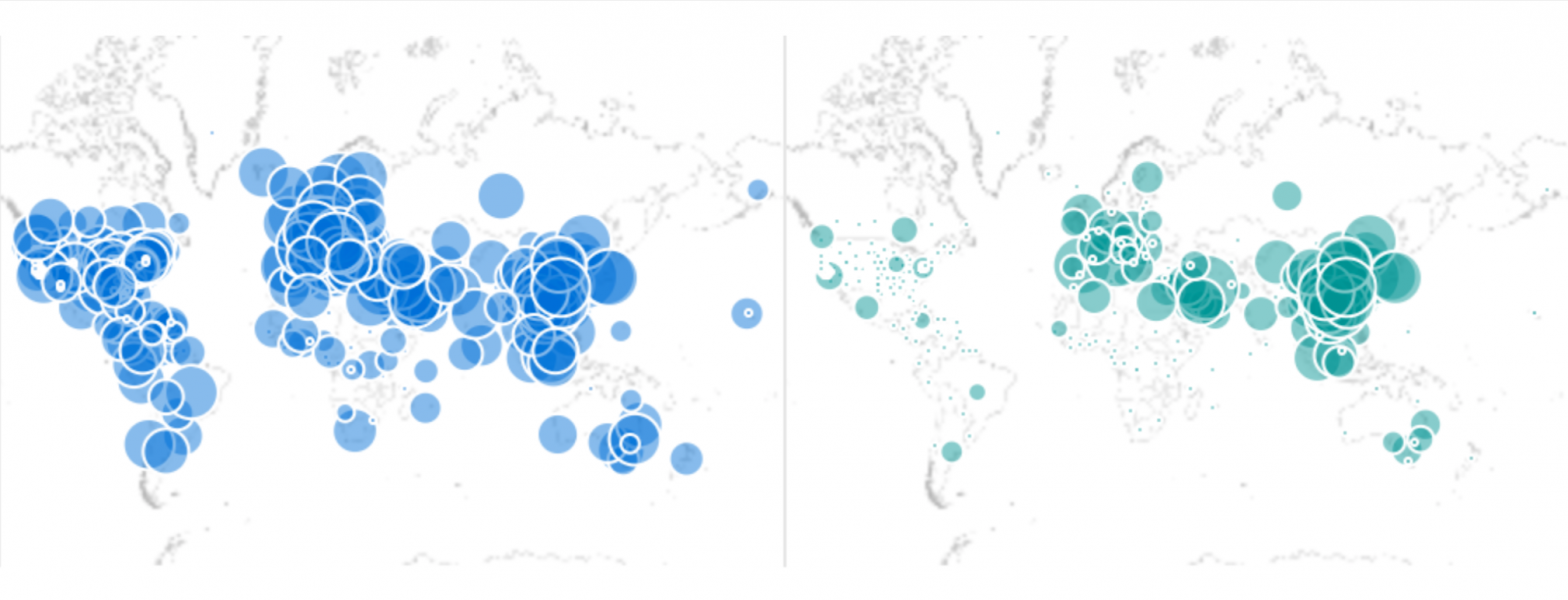The decisive move will show the CPC we mean business.
Annoyance or Armageddon?
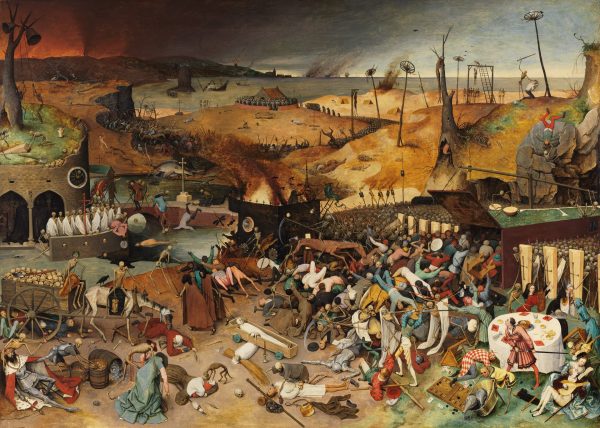
Coronavirus shows institutional failure makes all the difference.
The United States has failed to respond proportionally to the coronavirus. This will be common wisdom in just a month or two as deaths, not just confirmed cases, climb to tens of thousands. But for now, the knee-jerk reaction is to insist the inadequate response be graded on a curve.
Yes, China initially failed to recognize the danger. The local government engaged in a coverup. However, once information was available to the central government, it acted decisively. To even attempt to contain a virus, once tens of thousands have it, can only be described as heroic. Thousands were rushed through training. The nation moved education online. Hospitals were built in days. A war in all but name, with a grand casus belli: the health of 8 billion people worldwide.
That second battle of Wuhan was lost not only by China, but all nations. While China fought this people’s war, the West voiced questionable critiques of their approach as unjustifiably authoritarian. We rightly questioned their numbers, but our own numbers have hardly been reliable, as acknowledged by The Atlantic and the Pentagon.
We were not a shining example of an open society in action. Our pretense of accurate and transparent information was revealed to be a sham. Amateurs on Twitter proved more truthful and accurate than newspapers or government agencies.
The World Health Organization (WHO) has declared the virus a global pandemic. In a way, the stakes are lower than those faced by the CCP: the malevolent genie is out of the bottle. Instead of everyone’s lives, the U.S. government merely has to mind American lives. American lives matter. Shouldn’t that be a grand casus belli, too?
The pathogen landed on our shores in January. No tests were readied; no masks, no ventilators manufactured or distributed. The mere thought experiment of building a new Californian hospital in a little over a week is revealing. Our ability to mobilize is gone.
Would America fare better against a visible enemy? Such a mobilization failure is never an individual’s fault. Rather, it reveals a hollow state. In the alphabet soup of federal agencies, there is no one with the information and authority to act on the consequences of an exponential curve. Further, no one is both accurately informed and trusted enough to appear on television as Singapore’s prime minister Lee Hsien Loong did.
Everything in Lee’s wording, body language, and tone makes it clear he speaks to concerned citizens who love their country and are expected to work with their government in pursuit of the common good. Have you ever been addressed this way? When was the last time the government made you feel well-informed and relied-upon?
Such questions are made more troubling by South Korea’s exemplary response, which proved that democracies can be up to the challenge. Asian countries, democratic and non-democratic, have shown more solidarity, bravery, competence, and creativity, than any Western state.
This crisis reveals nationalism vs. globalism to be a false dichotomy. The WHO, contrary to its name, possess the competence of any other Geneva-based NGO. Nationalism, on the other hand, ignores that sometimes crises are global. When it comes to plague, we are our brother’s keeper.
A soothing simplification, which you will hear again in the coming weeks, is that our elites and institutions have failed us. The truth is we failed them just as much. They don’t rely on us because we aren’t reliable.
In the middle of the 20th century, a cadre of credentialed experts was created to replace citizens. This was a mistake. The selection mechanism for entry into this cadre selects against bravery and original thinking. Experts should be consulted, but what use is an expert unwilling to consult on a grand vision? The American system of the 2020s through the city, county, state, and up to the federal level has been staffed with people who know how to speak and make themselves appear blameless, but not how to act.
It is no victory for free society that a small segment of the online commentariat are right when all major institutions are wrong. Their prolific tweets are evidence that society has failed to harness their capacities, leaving them misapplied and our elites adrift.
Amateur analysts kept busy at fake jobs where it is possible to tweet all day represent astronomic waste. While they proved prescient, they are structurally locked out of the information and decision loop of all U.S. government agencies. PhDs, MBAs, law degrees, and fellowships have been selecting against their kind for decades. The media are no kinder to them when they run for office.
The time has come in America once again for heroism. Politics always imperceptibly glides from the impossible to the inevitable. Don’t worry about credentials or prestige. Don’t worry about party affiliation. Find the brave and the smart and hand them the keys to the ignition as fast as you can. Your boss can fire them later if need be, and yes, maybe he will fire you, too. Who can afford to care about job security in a plague?
Infections double every six days. There’s no time to waste.
The American Mind presents a range of perspectives. Views are writers’ own and do not necessarily represent those of The Claremont Institute.
The American Mind is a publication of the Claremont Institute, a non-profit 501(c)(3) organization, dedicated to restoring the principles of the American Founding to their rightful, preeminent authority in our national life. Interested in supporting our work? Gifts to the Claremont Institute are tax-deductible.
In wars, men die.
For the first time in centuries, we’re bringing it all back home.
Facing up to the failed state of America's mandarin class
Don’t let the Left use your panic for their gain.
We blew it. Normies are paying a heavy price.


